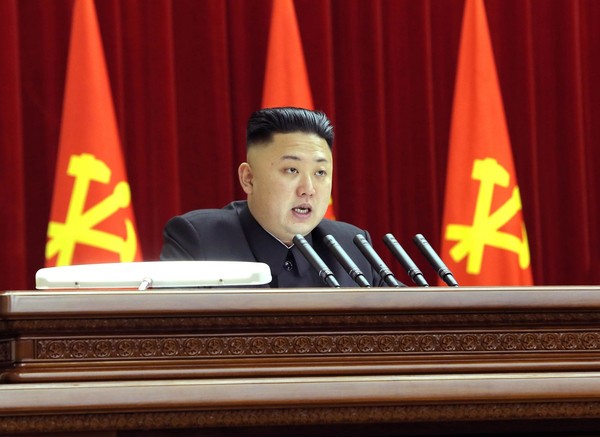
Rahm Emanuel once said, "You never want a serious crisis to go to waste." The Chinese government should take heed of that advice.
Tensions on the Korean peninsula are getting worse every day. North Korea's apparent plan to conduct a large-scale military drill is just the latest in a series of bizarre provocations by the regime of Kim Jong-un. Because it helps finance the regime, the only country with any real influence over them is China.
China, deservedly, has a poor reputation in America and in much of the world. A list of grievances would include: human rights abuses, brazenly stealing intellectual property, conducting cyberattacks, selling missiles to Iran, a willingness to escalate tensions over the Japanese-controlled Senkaku Islands, and manipulating their currency to create an uneven playing field in the global marketplace (though many other countries also manipulate their currencies). In general, China acts less like a responsible actor on the world stage and more like a greedy, regional bully with global ambitions.
Is there something they could do to start repairing their reputation? Yes. Endorse regime change in North Korea. But, would they do that? Probably not.
While China has issued vague warnings about regional "troublemakers" and has shown signs of changing sentiments, it has taken no substantive action toward reigning in the pariah in its backyard. In fact, Deng Yuwen, who edits a prominent Communist Party journal, was suspended from his job for writing an opinion piece in which he suggested that China should abandon the North and support Korean unification.
Why is China maintaining allegiance to the North? As Andrei Lankov explains in the New York Times, there are two main reasons: (1) Regime change could result in chaos, meaning thousands or millions of refugees swarming into China, not to mention the possibility of the North's weapons getting into the wrong hands; and (2) A unified Korea would be a U.S. ally. China doesn't like either of those outcomes, so it prefers to maintain the status quo. Lankov concludes:
China faces a choice between two evils: a nuclear North Korea or a collapsing North Korea. And a collapsing North Korea clearly represents a greater evil.
Still, China should recognize that a unified Korea is in its long-term interests. A richer and more stable Korea would be a boon to the regional economy. And perhaps best of all, China would earn admiration around the globe for doing the right thing.
The unfolding drama on the Korean peninsula has given China a golden opportunity to demonstrate to the rest of the world that it can act like a responsible power. Let's hope they don't let this crisis go to waste.



